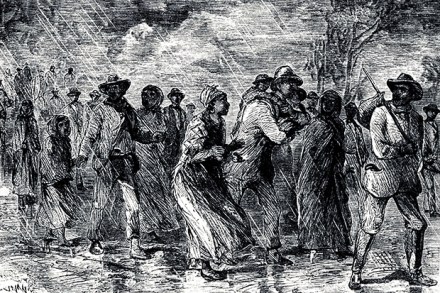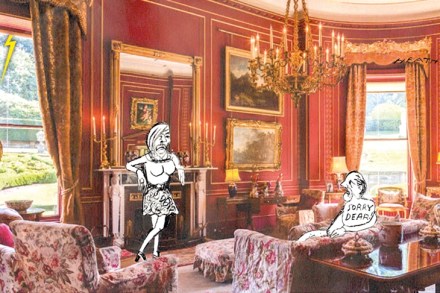A parable of good and evil
It is difficult to write well about slavery. As with the Holocaust, the subject’s horrific nature lends itself too easily to mawkishness. This tendency is one that Colson White-head consummately avoids in this impressive novel. The Underground Railroad, set before the American civil war, tells the story of Cora, a young slave on a cotton plantation in Georgia, and her escape with a fellow slave, Caesar, via the Underground Railroad, a secret network of routes and activists that enabled slaves to reach the free states of America’s north. It tells it beautifully. The book mixes genres to sublime effect: a straight parable of good versus evil that sees Ridgeway the




















